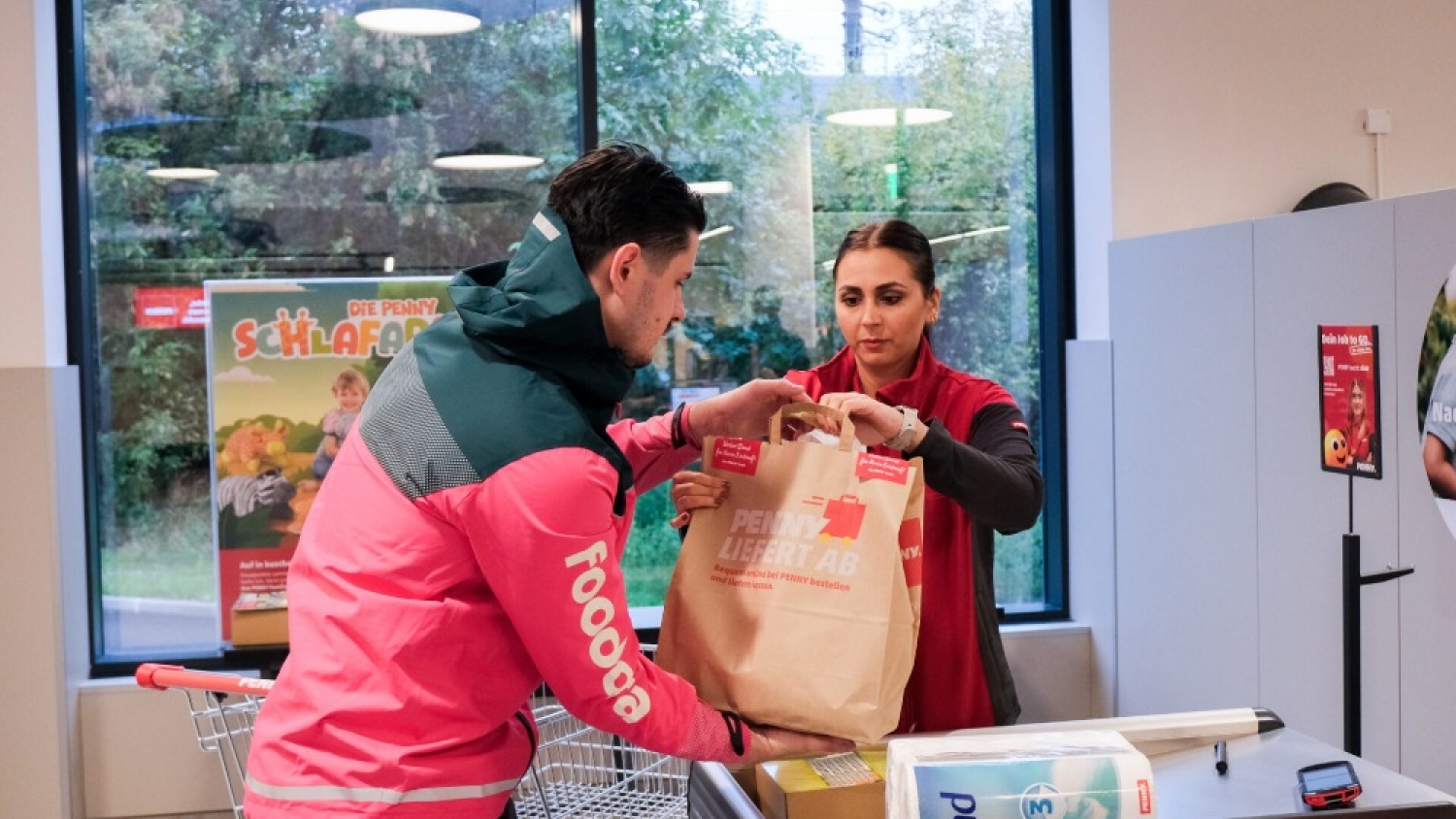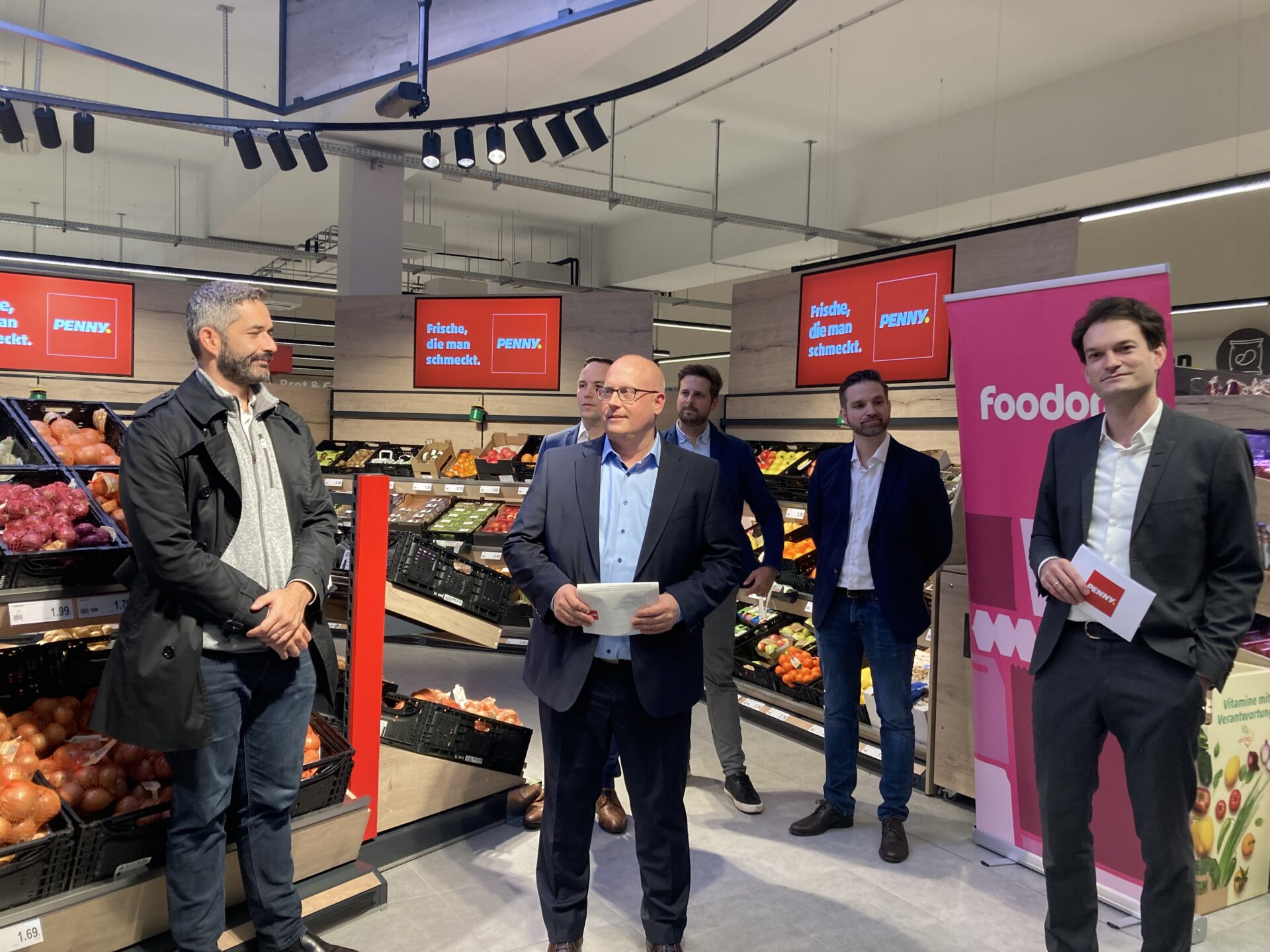
Foodora, the food delivery company founded by Delivery Hero in 2015, is reshaping its strategy across Europe by focusing on affordability, seamless user experience, and the integration of human-centered artificial intelligence. As inflation and consumer price sensitivity persist, the company’s latest partnerships and technologies aim to deliver convenience without compromising cost or quality.
Foodora’s expansion beyond its Nordic roots—Norway, Sweden, and Finland—into Austria, Hungary, and Czechia marks a decisive shift toward quick commerce, allowing users to order not only meals but also groceries and everyday products. Through alliances with major European retailers like BILLA and PENNY, Foodora has built a hybrid model that merges restaurant delivery with essential household shopping.
In a recent conversation with AgFunderNews, Herbert Haas, Foodora’s Chief International Officer, underscored that the company’s 2025 strategy centers on “convenience, seamless experience, and affordability.” Haas acknowledged that while general inflation in Europe has stabilized, food prices remain about 30% higher than pre-pandemic levels, according to data from the European Central Bank.
To address this challenge, Foodora has launched the Saver option, which offers customers lower prices in exchange for slightly longer delivery times. The company also promotes its foodora PRO subscription, which provides discounts and free delivery on frequent orders.
“Customers today are more price-conscious than ever,” Haas told AgFunderNews. “We’re seeing the rise of what we call ‘optimizers’—users who combine all available discount options to maximize their savings.”

One of Foodora’s strongest initiatives in the affordability front is its partnership with PENNY, a discount food retailer operating in six European countries. This collaboration has enabled Foodora to bring supermarket prices directly into its app, allowing consumers to access nearly 2,000 products at standard in-store prices.
“The partnership with PENNY is part of our broader strategy to expand quick commerce across Europe,” Haas said. “We’ve been working closely with them to strengthen their digital presence in Austria and beyond.”
Since May 2024, Foodora has rolled out deliveries from 46 PENNY stores in Austria, covering almost all federal states. In Hungary, the company is nearing its 100th active PENNY location, while in Czechia, deliveries began in August 2025, starting in Ostrava and Olomouc with plans to expand to additional cities.
Haas emphasized that customers who combine multiple order categories—such as groceries and restaurant meals—spend up to three times more per transaction, reinforcing Foodora’s vision of integrating diverse shopping needs into one streamlined platform.
Haas describes Foodora as a “transaction-by-transaction” business, emphasizing that each order represents both a revenue unit and a moment of trust. This operational mindset, he explained, ensures that efficiency and reliability remain top priorities in every interaction between consumers, riders, and restaurant partners.
“Every delivery must align efficiency, reliability, and customer satisfaction,” he said. “Each order is both a test and an opportunity to earn loyalty through flawless execution.”
Foodora’s network spans tens of thousands of restaurants and thousands of local businesses across Europe. Its model involves taking a commission from each transaction, which is reinvested into logistics, technology, and marketing to support partner growth.
According to Haas, restaurants on average see a 51% increase in orders within six months of joining Foodora’s platform. The company also offers cost-per-click (CPC) advertising tools, which have delivered an average 22% boost in daily orders for vendors across its European markets.
“Our role is to act as a growth engine,” Haas noted. “We give independent restaurants the visibility and infrastructure they would never be able to build alone.”

At the center of Foodora’s technological strategy is artificial intelligence—but with a human-first approach. Haas explained that AI at Foodora is designed to “support and enhance the human elements of the business,” from optimizing routes to empowering partners and improving the customer experience.
The company relies on Gemini, its main internal AI tool, to streamline daily operations across departments. Marketing teams use AI-generated motion ads to personalize promotions, while the business intelligence unit operates AURA, a proprietary analytics tool that delivers insights in minutes instead of hours.
In customer-facing operations, AI tailors recommendations and promotions through predictive analytics, while route optimization systems ensure efficient logistics. However, Haas emphasized that human interactions remain crucial, particularly between Foodora’s riders and customers.
“Algorithms can optimize the system, but people create the experience,” he said. “Human feedback ensures that every delivery feels personal and reliable.”
Foodora’s AI roadmap also includes automation and robotics. Pilot programs involving drones and delivery robots are already operating in Sweden, with Norway and Czechia slated to follow. These initiatives aim to shorten delivery times, reduce costs, and complement Foodora’s existing human workforce rather than replace it.
“The goal is not to remove the human touch,” Haas clarified, “but to create an even more seamless and efficient customer journey.”
As the European food delivery sector matures, Haas sees sustained potential in blending affordability, innovation, and partnerships. The company’s expansion into grocery delivery and AI-enhanced logistics reflects broader shifts in consumer expectations toward immediacy, value, and flexibility.
“Delivery is no longer Plan B—it’s Plan A,” Haas concluded in a statement reported by AFN. “Our mission is to keep evolving so that customers can enjoy the convenience they expect, without compromising on price or experience.”
